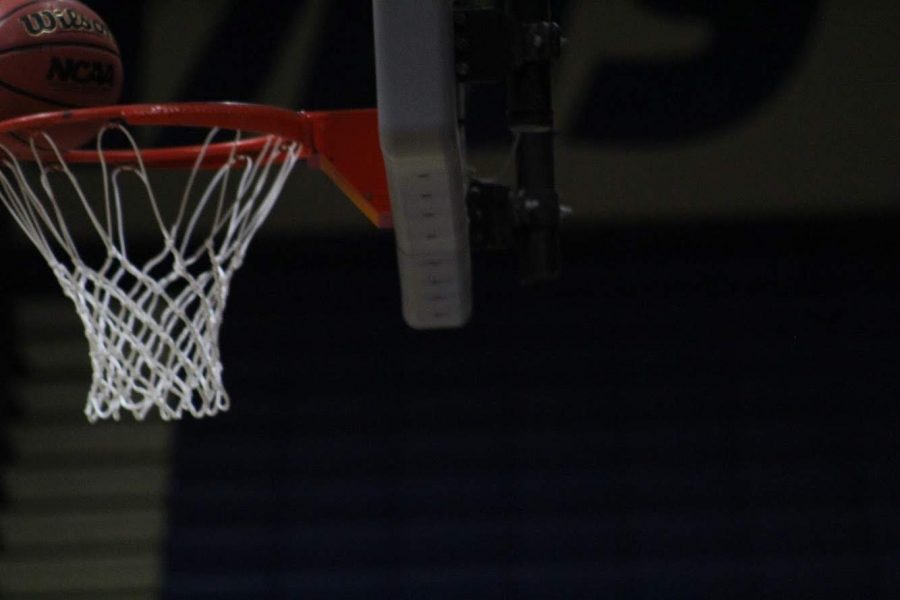Pay to Play
California bill to allow NCAA student-athletes to set off endorsement deals and sign to agents in 2023
College athletics is a $14 billion industry, with the main reason for its success being the National College Athletic Association (NCAA). Since its formation, the NCAA has put in place a strict policy which ensures that collegiate athletes may only earn a degree, not financial compensation, for playing sports at participating institutions. This means that these athletes, who are fully dedicated to their sport, cannot use their name and popularity to participate in endorsement deals while attending and participating in a sport at an NCAA school. It is a policy which many argue is exploitative— these athletes’ abilities and names are being used to promote their athletic programs, but are barred from profiting off of the very talent they produce.
Many of these athletes bring a substantial amount of revenue to the universities and NCAA because of their popularity. For example, Zion Williamson, a former star player on Duke University’s men’s basketball team who graduated in 20118, garnered a great deal of publicity in the years leading up to his collegiate career. His position on Duke’s team brought a large amount of attention to the program during the NCAA men’s basketball finals. Despite the fact that Williamson’s popularity was utilized in order to create profit for the program, he legally wasn’t allowed to profit off any of it. Like Williamson, many athletes’ talents are being used to produce essentially free publicity for their respective programs, resulting in many of them choosing to go pro in lieu of completing the rest of their collegiate career. Williamson was drafted into the National Basketball Association (NBA) as the first pick in the NBA Draft by the New Orleans Pelicans, rather than completing his last three years at Duke; this is seen across the board from athletes like Sha’Car- ri Richardson and Sydney McLaughlin, who both went professional in track after a successful freshman year.
However, collegiate sports can change with the implementation of a new California law by Governor Gavin New-som. The bill, passed on September 30, 2019, will allow students playing college sports in California to strike endorsement deals and hire agents effective 2023. Under this law, NCAA athletes all across California will be allowed to promote products and companies, profiting off their name and likeness for the first time ever. Although the law only applies to California, its passage alone opens up the possibility for other institu- tions across the nation to eventually follow suit, or risk the loss of potentially valuable additions to their teams. The Pacific-12 athletic conference, which includes four California universities, said that the passing of the law would “lead to the professionalization of college sports and many unintended consequences.” These cons- quences are already starting to arise, with the NCAA, Stanford, University of Southern California and the Pac-12 conference lobbying against the measure.
Regardless of the opposition it faces, this new law could mean big changes for athletes across the country.



